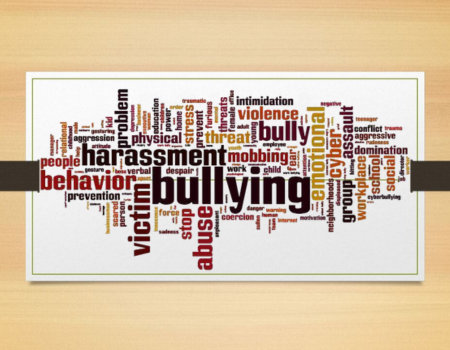How To Conduct an Internal Harassment and Bullying Investigation to Determine Facts and Minimize Liability
Speaker: Dr. Susan Strauss
Speaker Designation: Expert Witness, Investigator, Strauss Consulting

Speaker: Dr. Susan Strauss
Speaker Designation: Expert Witness, Investigator, Strauss Consulting

The EEOC requires that employers receiving a complaint, or otherwise learning of alleged harassment in the workplace, to "investigate promptly and thoroughly take immediate and appropriate corrective action by doing whatever is necessary to end the harassment, make the victim whole by restoring lost employment benefits or opportunities, and prevent the misconduct from recurring". That's a tall order to ensure a just and fair handling of a harassment complaint - an essential order that all organizations are required, by law, to follow. The investigation process is, perhaps, the most critical element in dealing with harassment.
In cases that have gone to court, it is often due to inadequate or absent investigations of complaints. Do you know how to conduct an investigation? This program will cover the intricacies of conducting a harassment investigation.
The investigation is essential in determining the validity of a complaint of protected class harassment and bullying. Conducting a fair and impartial investigation diminishes liability, and can decrease further misconduct by preventing it from becoming pervasive. The investigation may serve to minimize damages paid to the complainant. The institution demonstrates its commitment to the prevention and intervention of misconduct resulting in less harassment, discrimination, and other forms of misconduct on campus. By conducting its investigation, the institution may avoid an investigation by another agency such as the EEOC. An investigation is required to help ensure a safe and healthy organizational climate.
Anyone who conducts an investigation must be trained in how to do so. Merely having the experience of conducting investigations without having been taught the art and science of the process is not enough. When your organization ensures it is investigator is trained in how to conduct investigations, it demonstrates its commitment to the prevention of harassment by the Court or outside agency.
The webinar addresses laws that HR is responsible for upholding. When the laws are not followed, it increases the liability of the organization and interferes with a fair and equitable work environment for employees.
Unfortunately, incidents of harassment and bullying can still occur, posing significant challenges for both employees and employers. To address these issues head-on, organizations must establish robust protocols for investigating internal complaints, ensuring a fair and thorough process that protects the well-being of employees and minimizes legal liabilities.

Dr. Susan Strauss is a national and international speaker, trainer, and consultant. Her specialty areas include management/leadership development, organization development, communication, and harassment and bullying. She is an expert witness for discrimination and harassment lawsuits. She trains and consults with business, education, healthcare, law, and government organizations from the public and private sectors. Dr. Strauss has authored over 30 book chapters, books, and articles in professional journals. She has been featured on 20/20, CBS Evening News, and other television and radio programs as well as interviewed for newspaper and journal articles. She has her doctorate in organizational leadership and is a registered nurse with a bachelor’s degree in psychology and human services, a master’s degree in community health, and a professional certificate in training and development.